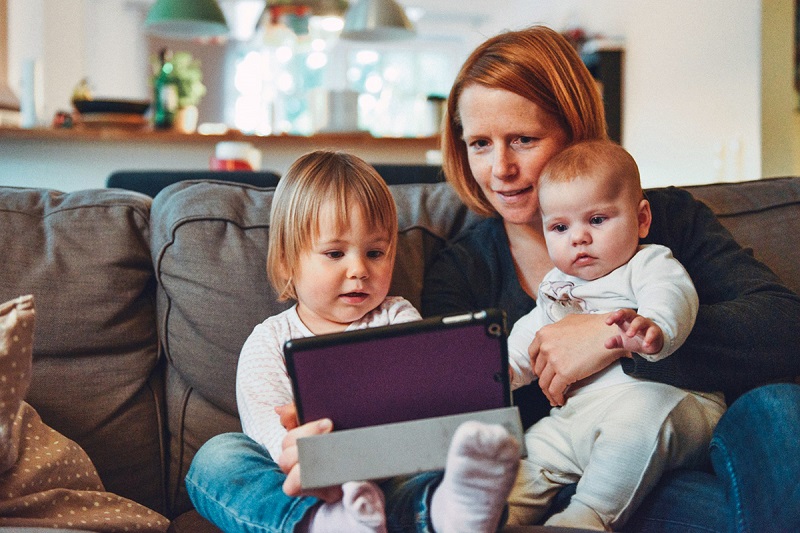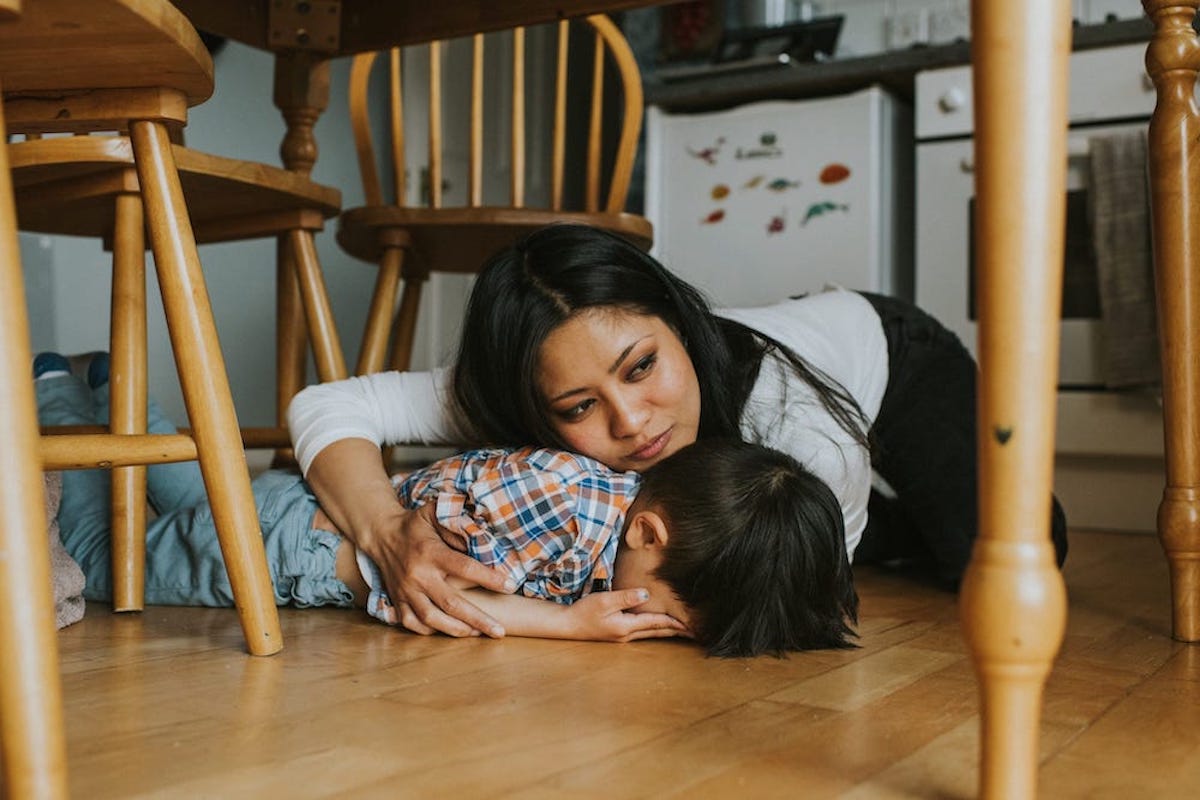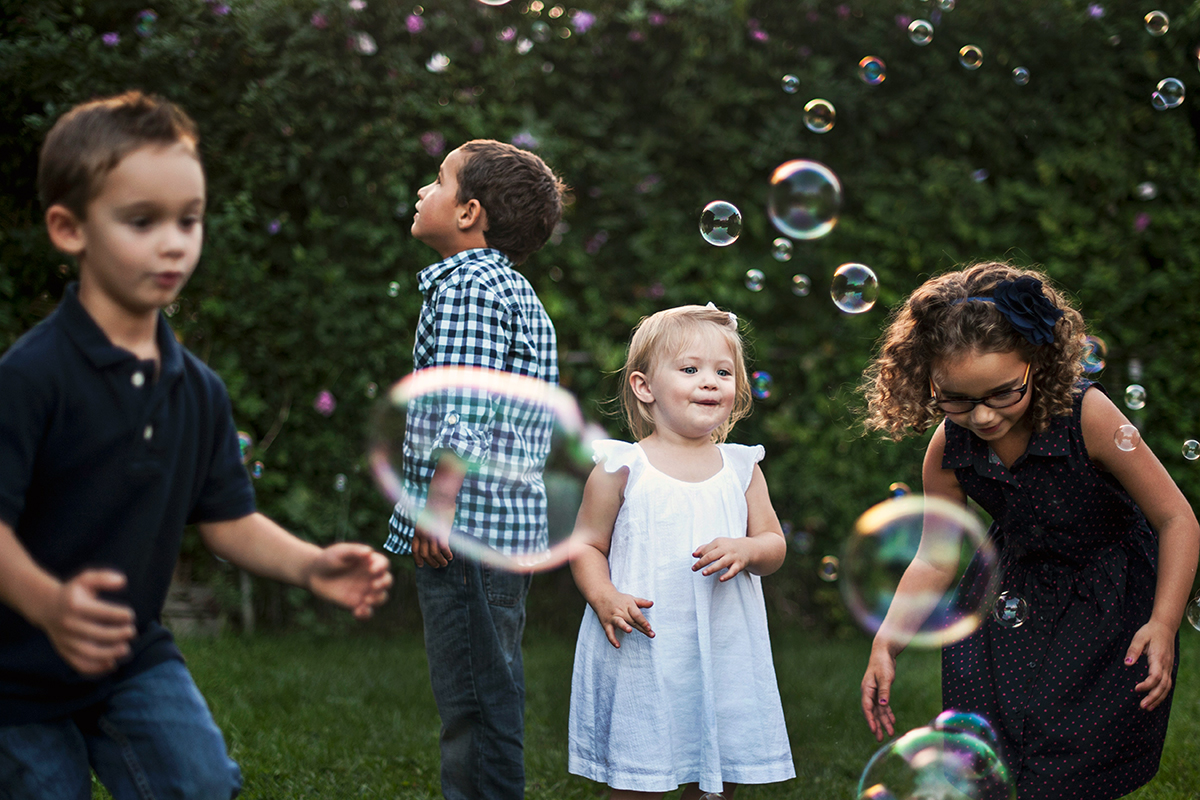A few weeks ago, I was invited to come on a morning show and talk about “lighthouse parenting.” When I mentioned this to people, the most common reaction was What on earth is that? Followed by Is this a new kind I need to learn about?
If you spend any time in parenting circles, it’s hard to avoid being inundated with “types” of parenting. Gentle. Tiger. Attachment. Lighthouse. Free-range. Dolphin. And on and on and on. These labels invite us to ask whether we are that type of parent. Does my parenting style make me feel like a building with a large light at the top of it, or more like a tiger?

Parenting labels are not neutral. Some are positive, some negative, but they’re never just descriptive. Of late: Lighthouse parenting is the way to raise the most successful children. Tomorrow it will probably be something else.
We would be forgiven for finding this overwhelming and confusing. ParentData is here to break it down. First, I’m going to define everything. (To do this, I asked you all to list the kinds of parenting, and you definitely delivered — even though “out of f**ks” is actually not a defined parenting type.) Second, I’ll discuss why these labels are garbage and we should dispense with them. Feel free to skip down to that if you’d like.
All the types of parenting: defined
Note: These are in alphabetical order, not best to worst!
Attachment parenting (also called natural parenting): Parenting style, mostly with babies and young children, focusing on connection. Usually involving co-sleeping, baby wearing, generally being attached.
Dolphin parenting: Firm yet flexible, like the body of a dolphin (I swear I am not making this up).
Elephant parenting: Prioritizes emotional security and connection over academic success. After all, your child can always crush the more successful students with their five tons of weight.
Free-range parenting: Letting your child have more freedom in the physical world.
Gentle parenting: An approach to behavior characterized by acknowledging a child’s feelings and not using punishments or rewards.
Helicopter parenting: Hovering over and monitoring everything your child does; being very involved. Are you standing over your 13-year-old while they make a diorama for school? This is helicopter parenting.
Horizontal Parenting: When you lay down while playing with your kids. Not included: when you fall asleep while reading to them at bedtime.
Intensive parenting: More or less the same as helicopter.
Jellyfish parenting: Loose; letting your child do whatever they want. Squishy and overindulgent like a jellyfish. (My husband Jesse’s comment: don’t they sting? Is it like a comb jelly?)
Lighthouse parenting: Providing a “lighthouse” for your child — being a stable guiding light but neither driving the boat or letting them crash into rocks. Usually used with adolescents and teens.
Tiger parenting: As popularized by Amy Chua — being an intense and achievement-focused parent.
Snowplow parenting (sometimes called lawnmower parenting because, you know, climate change): Characterized by removing all obstacles in your child’s way — calling their school to complain the math test was unfair, for example.
Another note: Before there were these parenting labels, there was a bigger-picture idea about parenting styles, which identified four: authoritarian (harsh, rule-based), authoritative (loving but firm), permissive (loving but without rules), and neglectful (as the name suggests). Developmental psychologists study parenting types with this framework, and some of these types, like dolphin, are more or less just a relabeling.
Why I hate parenting labels
Now that you know all the labels, we can get into why they are problematic.
A first, basic, problem is that none of these parenting “types” are actually a way to parent. Parenting involves a million choices, big ones and little ones, that you make every day. You’ll have to decide about breastfeeding, and sleep and solid foods and preschool and potty training and first grade and whether to let your child have a sleepover, and on and on. Some of these parenting “types” would influence some of these choices, but they aren’t a complete system. Being a “gentle parent” does not tell you anything about solid foods. Attachment parenting isn’t going to help you figure out whether to hire a reading tutor for your 8-year-old.
If you want a complete parenting system, you’d need to pull these all together — maybe you can be a free-range tiger attachment lighthouse elephant parent — but at that point the label loses some of its value.
In fact, I would venture that almost no parent actually labels themselves like this. These labels are largely perpetuated by the media — traditional and social — and rather than being helpful, they lead us to question ourselves. With this, the labels rapidly become judgmental. They create an identity, and that lends itself to claims (again, often media-based) about what’s the “best” way to do it.
To be clear, these claims — things like Lighthouse parents have the most successful kids or Gentle parenting is the only way to produce emotionally well adults — are not based on any evidence. There is no data on parenting types, certainly not in the way this is discussed. There is no study that randomly allocated parenting types and then looked at child or adult outcomes. Moreover, for most of these parenting types, there isn’t even any bad data. Not only are there no causal estimates, there is no data at all.
What we do (sometimes) have is data on parenting interventions — smaller-scale things like 1-2-3-Magic for discipline, or cry-it-out sleep training programs, or evidence on how to help kids be more resilient to bullying. We can piece these individual data together, but in reality, most of the time they aren’t going to suggest a “best” way to parent, just give us a sense of the tradeoffs and the range of good choices.
The bottom line is that most of the time, all these labels do is create either confusion or a combination of shame and sanctimony. Let’s do away with them! Or if we must, name them after ourselves. Or our favorite Teletubby. Or both!
If anyone asks, I’m the Tinky Winky Emily parenting type. It’s going great.
Community Guidelines




















Log in